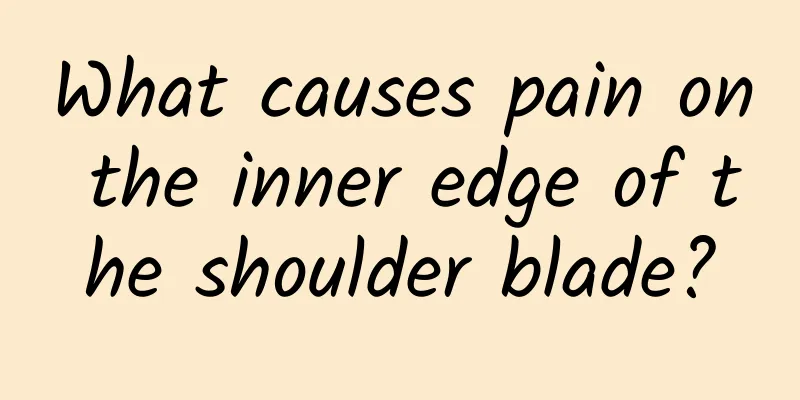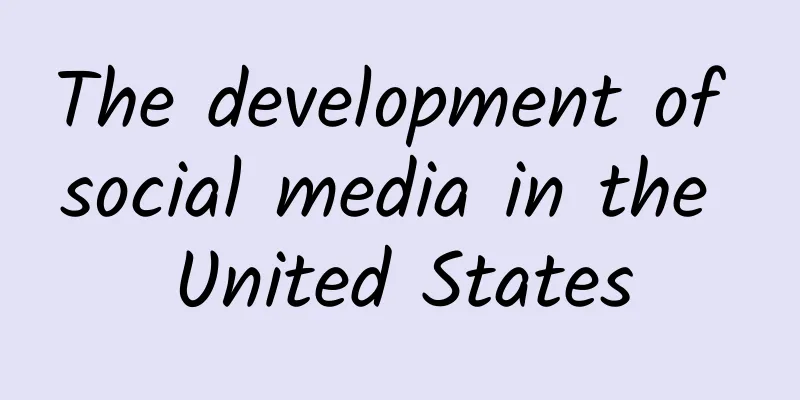What causes pain on the inner edge of the shoulder blade?

|
What causes pain on the inner edge of the shoulder blade? Pain on the inner side of the shoulder blade is often caused by muscle strain, muscle injury, cervical spondylosis, etc. Do you know the ten muscles that cause pain on the inner side of the shoulder blade? 1. Anterior scalene muscle strain, with an 80% probability of radiating to the upper 2/3 of the medial edge of the scapula. The main symptoms are transmission upward to the upper half of the spinal edge of the scapula and the interscapular area; bypassing the front and back sides of the upper arm and transmitting downward to the elbow joint to the radial side of the forearm, until the thumb and index finger are painful. 2. Scapularis levator strain, with a 30% probability of radiating to the upper 1/4 of the medial edge of the scapula. The main symptoms are pain 1-2 cm above the medial superior angle of the scapula, which limits rotation to the opposite side. At the same time, it is often accompanied by the first rib dysfunction, which limits rotation on the same side and causes stiffness in the neck. 3. Latissimus dorsi strain, 30% probability of radiating to the lower angle of the scapula and the lower 1/3 of the medial edge, the pain area is the size of a fist. The main symptoms are pain in the triceps, ring finger and little finger. 4. Infraspinatus muscle strain, with a 20% probability of radiating to the middle 1/2 of the medial edge of the scapula. The main symptoms are deep pain in the front of the shoulder joint and pain in the anterior and lower part of the biceps brachii in the upper arm, resulting in the inability to touch the back. 5. Serratus anterior muscle: There is a 20% probability that the pain can radiate to the lower angle of the scapula and the lower 1/3 area of the medial edge. The painful area is the size of two thumbs. The main symptom is pain occurring at the anterior and lateral side of the middle chest level, and there is a feeling of wheezing due to thin air. 6. Multifidus pectoralis muscle: There is a 10% probability that it can radiate to the middle 1/2 area of the medial edge of the scapula and involve the spine. The main manifestation of pain is that most of the pain involves the spine. 7. Iliocostalis thoracis muscle: There is a 10% probability that the pain may radiate to the inner and lower edge of the scapula and the pain will be relieved toward the proximal spine. The main symptoms are pain along the inner and lower edge of the scapula and the pain will be relieved toward the proximal spine. 8. Lower trapezius muscle: 10% of the time, the pain can radiate to the lower 4/5 area of the medial edge of the scapula, and the pain range is relatively narrow. The main symptom is that the patient feels a slight burning pain, which is not serious. 9. Rhomboid muscle, 5% probability can radiate to the scapula and the middle 1/2 area of the medial edge of the spine. The patient's main complaint is superficial muscle soreness when resting, but it does not affect daily life. 10. Serratus posterior superior, 5% chance of radiating to the upper 1/2 of the medial edge of the scapula, deep pain in the scapula. The patient feels deep pain in the little finger and cannot touch it. |
<<: The most easily overlooked B vitamins are actually related to the health of the whole body
>>: Will you become ugly if you work too long? How to say goodbye to "being ugly due to fatigue"?
Recommend
Classification of contraceptive vaginal rings
An intrauterine device, commonly known as an intr...
Are there any side effects and contraindications to moxibustion? What are the contraindications to moxibustion?
Since moxibustion uses fire to fumigate, if you a...
Do pregnant women need to drink a lot of water every day? What are the requirements for pregnant women to drink water?
We all know that women have a lot of things to pa...
What's going on after my period comes again?
If your period comes again after your period, it ...
What are the signs of fetal growth retardation?
It is a happy thing for women to be pregnant, but...
What is grapefruit? The therapeutic effects of red grapefruit
Grapefruit is a kind of fruit, a type of pomelo. ...
What fruits can women eat during menstruation?
Every woman has a few days a month when her physi...
What to do if a cyst is found during B-ultrasound
Some obstetric experts emphasize that after a wom...
What is the cause of luteal phase discharge?
The period after a woman's ovulation and befo...
Can I eat alfalfa during my period?
Alfalfa is a kind of vegetable. It contains relat...
A woman wore cosmetic contact lenses for 10 hours a day, causing her cornea to be covered with new blood vessels and appear grayish white
Ms. Lin (a pseudonym), 33, has been wearing conta...
"Sun Wukong" of the cell world, how to release it from under the "Five Elements Mountain"?
Produced by: Science Popularization China Author:...
What to do if your vagina is loose? Four kinds of exercises can help
For married women, the possibility of vaginal rel...
Causes and suggestions for yolk sac enlargement
The yolk sac is a structure that is produced in t...









